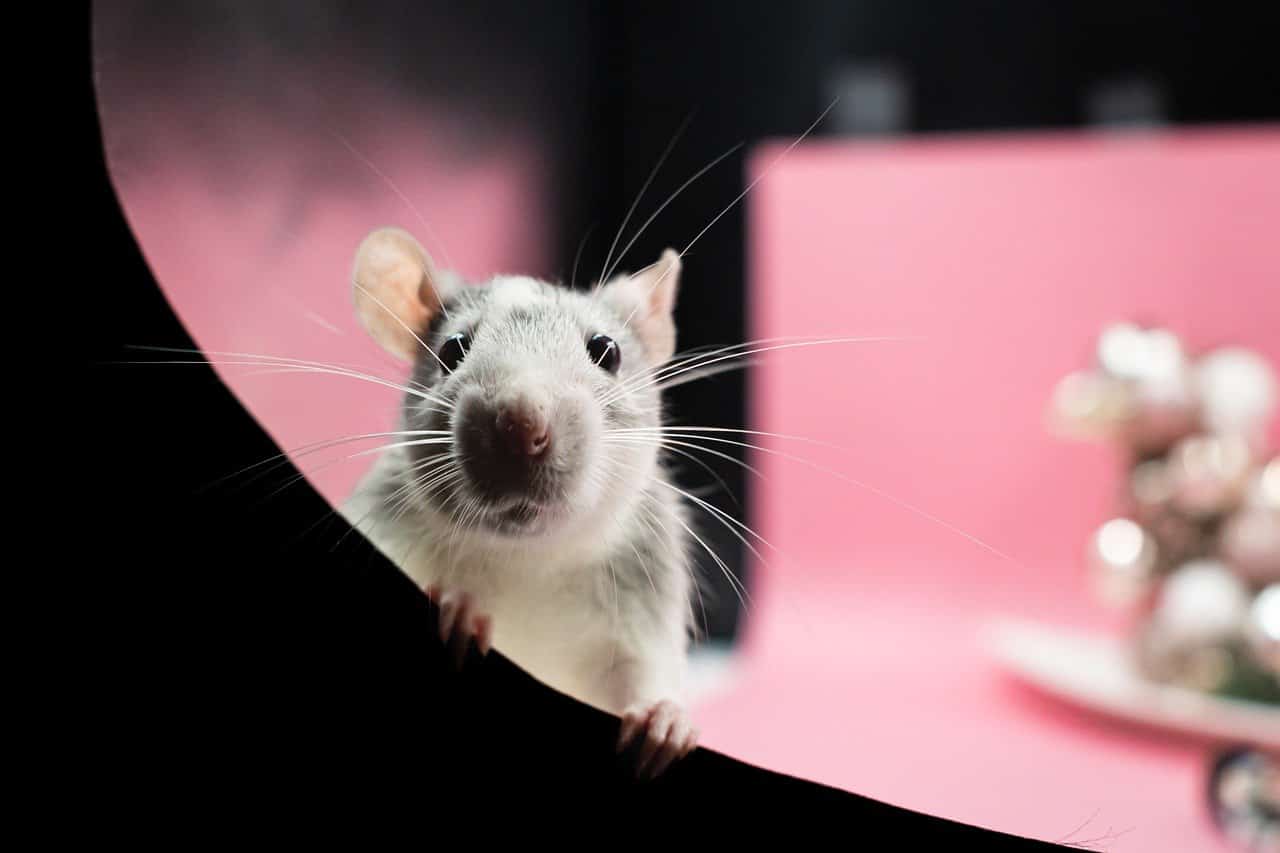
Every week we talk with EV specialist and Innovation Origins columnist Auke Hoekstra to hear what he noticed in current affairs or what he has come across when it comes to making our Earth more sustainable. This week he compares farmed meat and vegetable alternatives. Meat as we know it now will become a luxury product.
Auke himself hasn’t eaten meat for more than ten years and for the last five years he has been ignoring eggs, milk and cheese as well. “Sometimes when I go out to eat, there’s nothing left to choose from,” he jokes. “By not eating all this, I save a lot of animal suffering and it’s better for our planet,” Auke explains. “This is a First World problem, because I’m probably still eating much more healthily and more varied than most people on the planet.”
Good thread on cultured meat.
I think meat from slaughtered animals is en route to become a niche product. Which is great news for the planet, animals suffering, and our health.
What I don’t know yet is what will become biggest: cultured meat or plant based alternatives. https://t.co/2jGdRzAFmY
— AukeHoekstra (@AukeHoekstra) January 23, 2020
“The alternatives taste better every year and I think Impossible burger is a nice development. Cultured meat is also becoming more and more popular. According to figures from Memphis Meat, who want to cultivate it on a large scale, it saves 96 per cent in greenhouse gases compared to the bio-industry. Isn’t that cool?”
Also, according to the American company’s figures, 45 percent less energy, 99 percent less farmland and 96 percent less water would be needed for farmed meat compared to traditional meat. “Farmed meat has a bright future when you see figures like that. But we are far from there yet, because the process still needs to be scaled up. Scientists are also looking at health effects.”
Food science is a complex business
In general, according to Auke, food scientists agree that red meat is not nearly as good for people as was previously believed. “Processed food is also less healthy than unprocessed food, but the tricky thing about food science is to find out exactly what it is that makes processed food unhealthy. There are so many different variables involved. Take white bread, for example. It’s cheap, meaning that buyers have less access to healthier alternatives. Are people with lower incomes less able to take care of themselves? It’s a complicated situation.”
“What food scientists do agree on is that eating a lot of vegetables is healthy. However, I don’t know about you, but I’m not a fan of just eating vegetables. That’s why I’m so glad that vegetable meat substitutes get better every year. It depends a bit on what you make these products from, but you need water and soil for this as well. But it’s still a lot less – also in terms of greenhouse gases – than beef. It’s just plain bad for the planet. The livestock in the Netherlands is absurdly large, should we all want that?”
Which one will win out?
Auke himself doesn’t think so: “Whether it’s farmed meat or a vegetable alternative, meat as we know it today will become a luxury product in the future. I’m curious which of the two alternatives will win. I do like the idea that in the future we will be able to take cells from animals in a petting zoo and make a lot of meat from them. Meat that really tastes like meat.”
Because, frankly, Auke himself secretly likes to eat meat. “But I’ve always been conscious of it. During my student days I used to cook vegetarian for the whole house on weekends. And before I switched to being completely vegetarian, I also ate meat from animals that had lived a good, long life up until slaughter, because of course they do eventually end up in the slaughterhouse. But if you look at it rationally, it doesn’t make any sense. I might have opted for less animal suffering, but these animals have more space and the carbon footprint is many times higher than ‘normal’ meat. Actually, that’s much worse for our planet.”
“I call it intellectual laziness. I don’t want to have to choose between happy animals that emit more on the one hand and animals that are fattened as efficiently as possible, but have a slightly less impact on the Earth on the other. It’s choosing between two evils. Then sometimes I just miss eating meat.”








